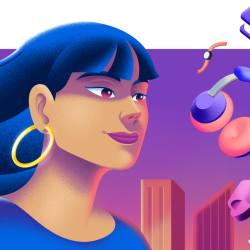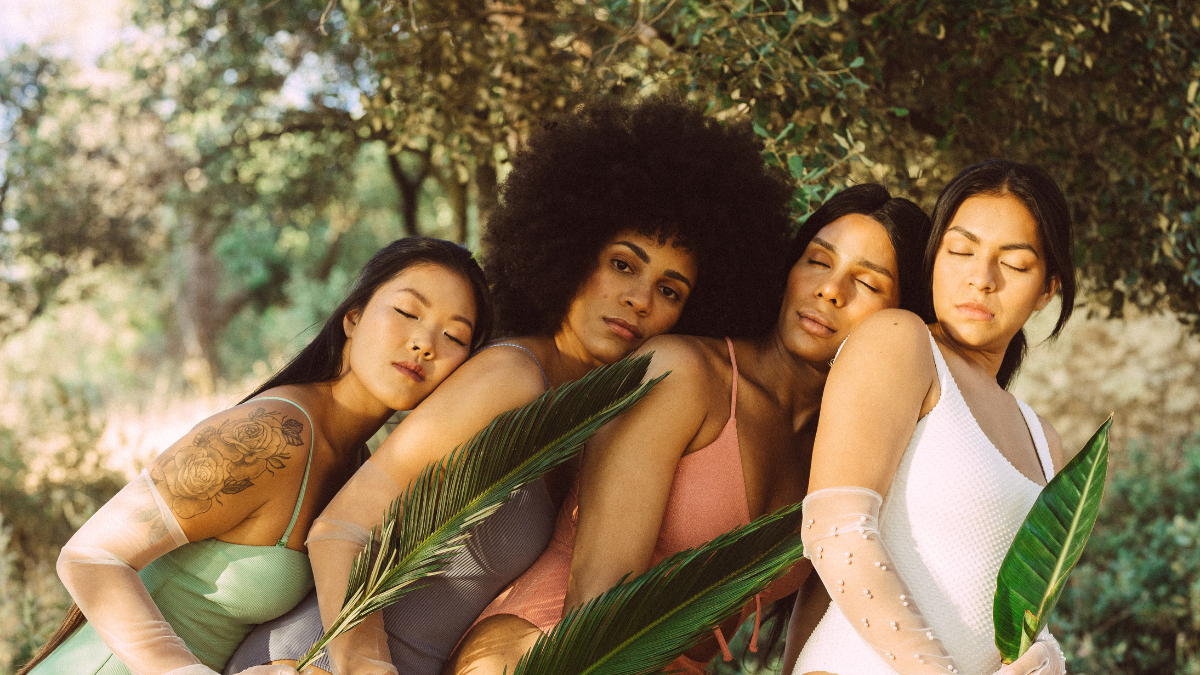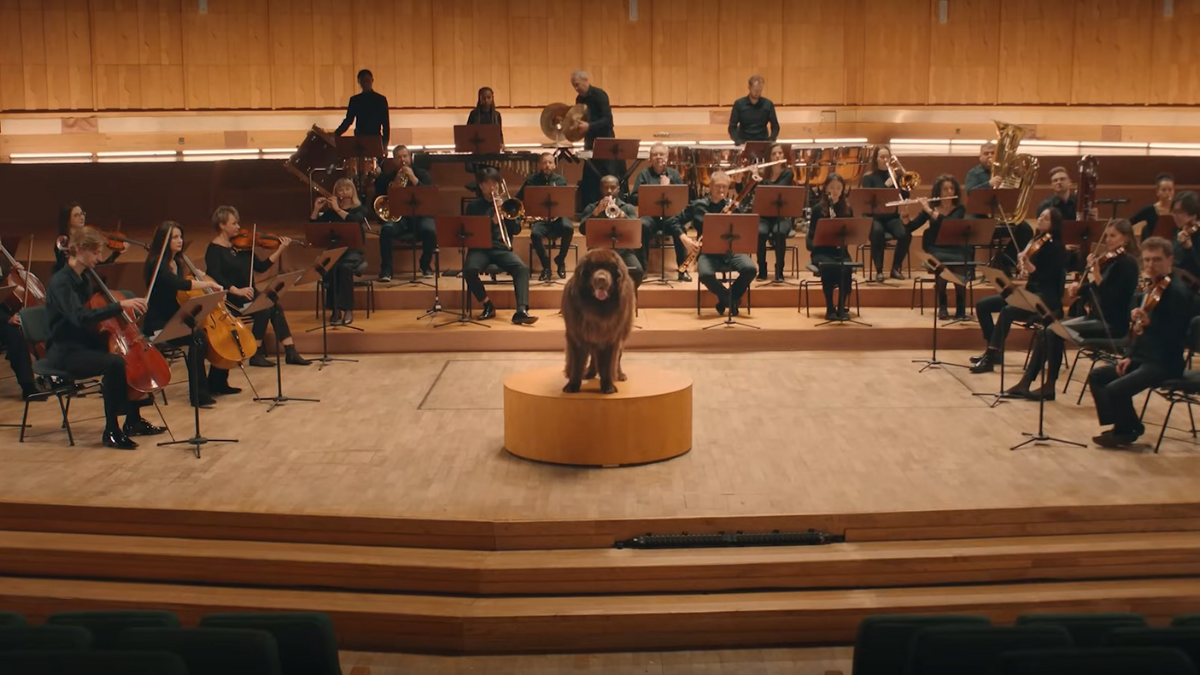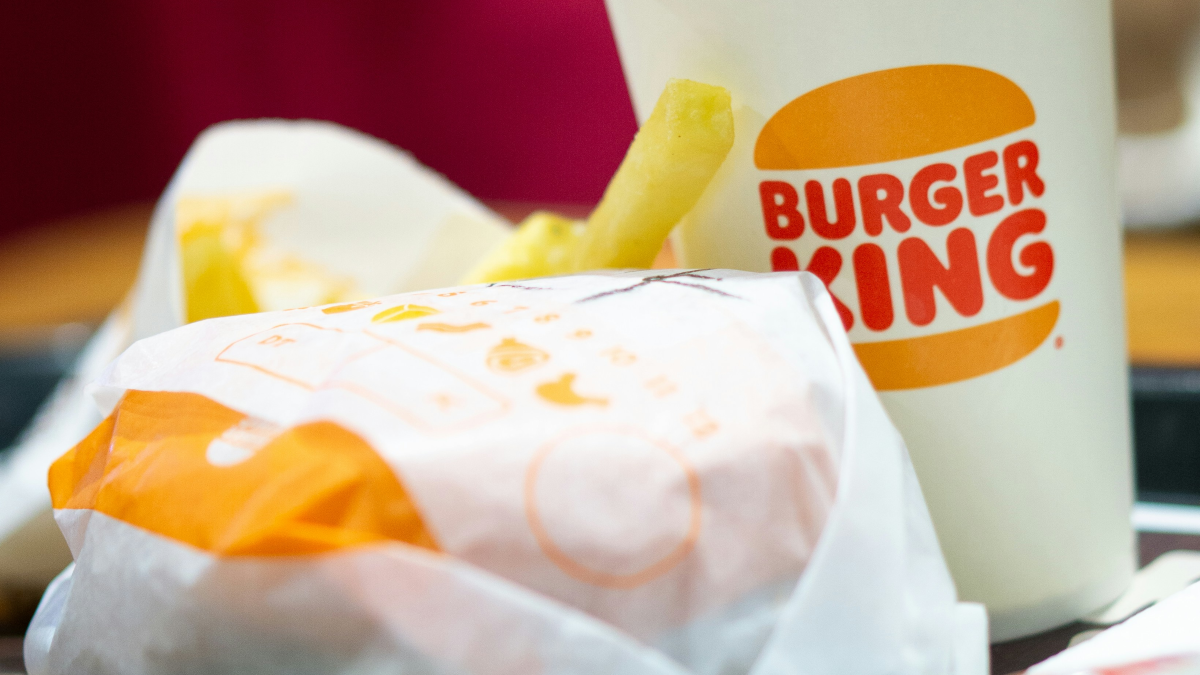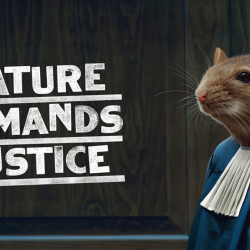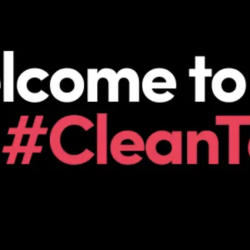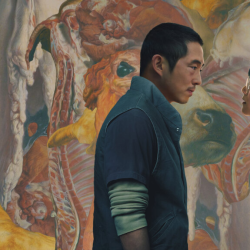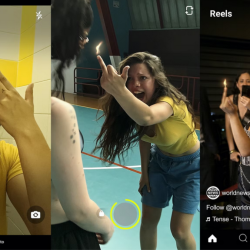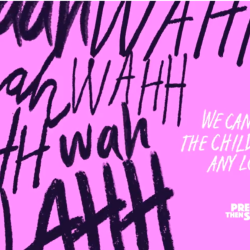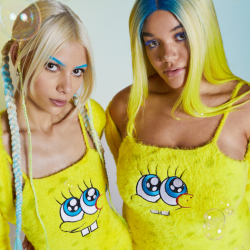Writing on this month’s theme of hope, I instinctively looked to Oxford Language’s definition which states simply ‘a feeling of expectation and desire for a particular thing to happen.’ At On the One we’re usually tasked with the realisation of that hope — helping turn the wheels of activism through brand investment and passing the mic to voices that are being left out of the conversation.
The conversations moving through our world have lately been dominated by access to and representation in the creative industries — the inescapable debate around the rise and rise of the ‘nepo baby’ has thrown light (and shade) on famous offspring everywhere from Hollywood to Hollyoaks. But more seriously, recent research from the ONS provides sobering statistics on class balance — compared to four decades prior, creative professionals with working class backgrounds have reduced from 16% to just under 8%.
So with the energy behind inclusion so rightly building momentum in our client work, why are the expectations and desires of working class voices not being realised when it comes to access and entry in 2023?
I spoke to two awesome initiatives looking to tip the scales and help provide a fairer, more open and inclusive industry for the creative professionals of tomorrow.
Common People like… you?
Like so much of the best work we (don’t always) see, Jed Hallam’s Common People provides a powerful behind-the-scenes support network for working class voices in the creative industry.
Set up as a WhatsApp group initially, Jed underestimated the demand for a discreet resource to help join the dots for media professionals being frozen out of traditional access points associated with social mobility:
‘We thought initially we’d be looking at 20 people on WhatsApp looking to let off steam but it blew up so quickly that we had to come up with a simple plan addressing the three barriers to entry for those coming into the creative industries:
- Social: you’ve not got that old boys’ network to lean on and so part of the purpose of the group is to give people something that can help replace that
- Cultural: small things like mispronunciation, not understanding how to talk about ski holidays, wine pairing and all of the unnecessary decorum and codes that can be used to keep working class people out of these situations
- Economic: we started out fundraising for charities but have now got a bursary in the works which will be administered by the Social Mobility Foundation‘
Jed seemed buoyed by the potential not just to pave the way for a fairer industry but by the hope that Common People could help those from a marginalised background solve some of the biggest problems the world faces today through creative thinking:
‘Frankly, beyond a bit of classical music and some Renaissance paintings, all the good stuff in life, in culture comes from marginalised communities. But it’s often something which has been repackaged from working class culture, sanitised, and then sold back to working class people as the thing that they should be buying.‘
Sports Banger is an amazing, amazing example that flips that. Taking culture which has been taken from working class people and giving it back to working class people in a sort of Situationist International style.
You see it in creative departments as well, like where the sort of quirky cockney will get brought out in certain situations. But then when it comes to big internal conversations or enormous pitches, you’re seen as risky. People from non-traditional and marginalised backgrounds are seen as people to have in the good times because they might come up with something a bit quirky and odd that’s kind of exciting. But when things get serious, you don’t want them in the room. And I think part of the change that can come from that is having the confidence when you’re from a marginalised background to put your hand up and say, ‘I’ve got a different way of approaching that problem.’
Speculate to Accumulate
When I sit down to talk to Accumulate founder Marice Cumber, she shares a similar energy for harnessing divergent experiences to bring fresh ideas to the table. We met at D&AD’s offices for one of their Creative Futures speed networking events to help homeless creatives gain a foothold in the media and creative industries.
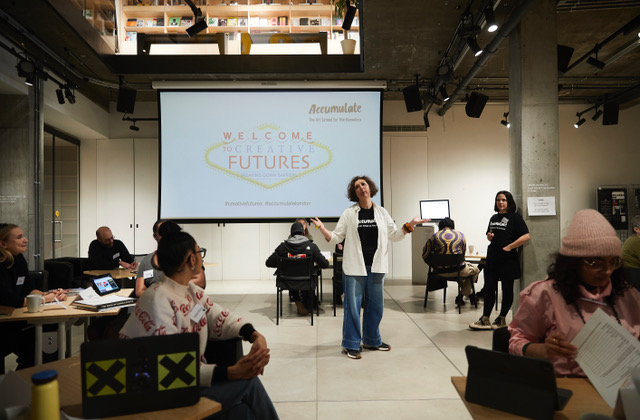
Since she set up Accumulate for a small hostel in her neighbourhood of Crouch End, the charity has collaborated with everyone from Ravensbourne University to The Barbican and has been featured in It’s Nice That, Deezeen and The Big Issue but Marice wants to talk about the root of the problems for young homeless people looking to make their mark in the creative world:
‘If you’re stuck in a hostel, it can be a really depressing environment. You can walk in and just smell that negativity, that desperation, and with drug abuse so common it can be a really bad situation. You may want something different, but your path to get there just seems totally blocked off. What Accumulate does is it actually gives that hope to come on this journey with us — you’re with a safe community, with people that are there because they want to progress.’
Contrasting with conversations around privilege and nepotism in the industry, it’s quickly clear that, like Common People, Accumulate can act as a kind of surrogate support system to reduce barriers to entry for marginalised voices:
‘When you’re on fifty quid a week or whatever, the idea that you’re going to take a loan out for education is bonkers. Our students often have got no parental support, no family around. They live in the hostel with no money coming in, but now that we have funding through the National Lottery and other sources, we can provide everything from scholarships to CV advice to them free of charge‘.
Spurred into action by Marice’s energy, we move our partnership forward with them to the next level — Accumulate student Jumi will be joining On the One this spring to work on her digital storytelling via a live brief. By working with her — and continuing our conversations with Common People — we see brighter days ahead for the next gen of problem solvers in a turbulent world.
If you want to get involved in the next Creative Futures and any other Accumulate activity (like mentoring, delivering workshops or design work for their exhibitions), contact rossanne@accumulate.org.uk and you can request to join the Common People community here.
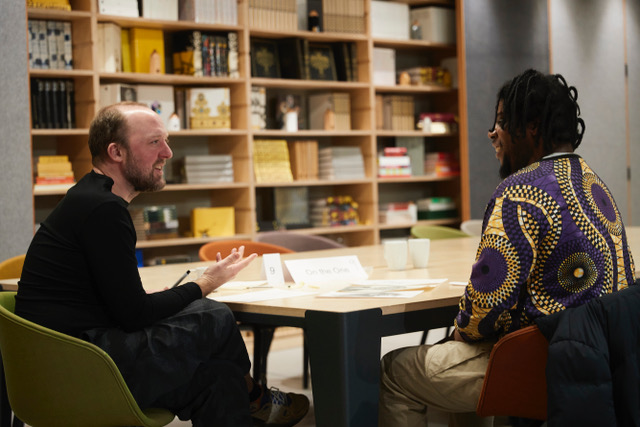
Featured image: Tamara Velazquez / Capturenow

